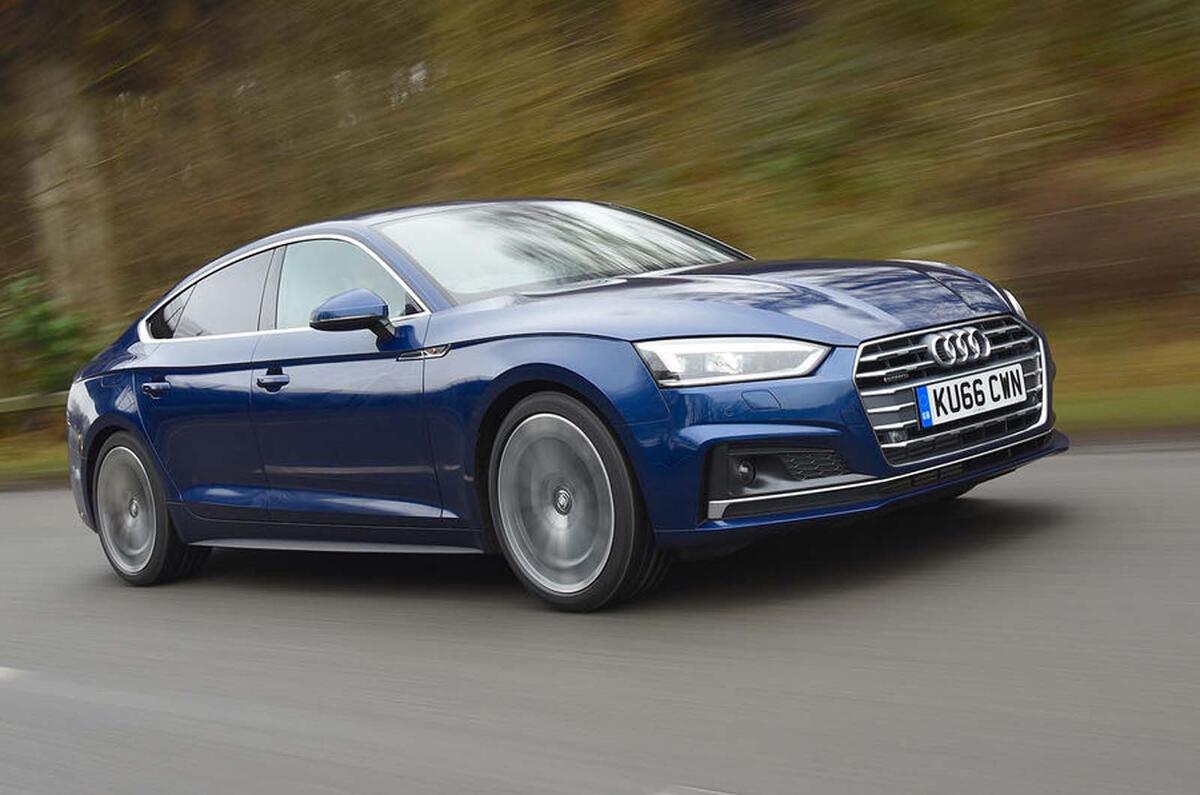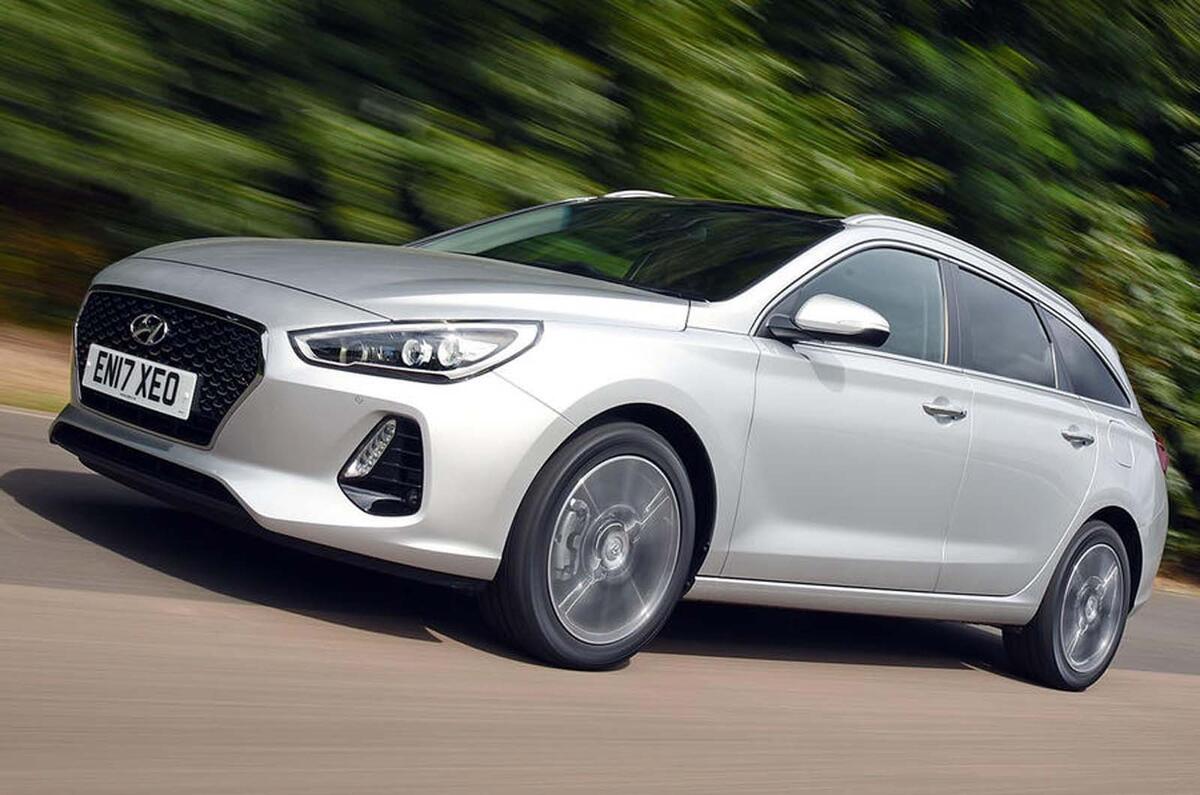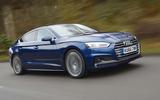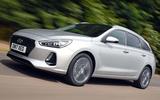On paper and perhaps in practice, it is a partnership of equals, but it’s hard not to raise a smidgen of an eyebrow at the news that Hyundai is forging a partnership with Audi and the wider VW Group for the development of hydrogen fuel cells.
The claim is that Hyundai knows more than its partner about bringing the technology to production, having launched the ix35 FCV back in 2014 and the Nexo this year, while Audi in turn has several tech patents in the wings that appeal greatly to Hyundai’s engineers.
But while that may be the truth - and the argument that there’s no point in the two sides spending billions trying to find the same solutions has much validity - it’s hard not to be impressed by the fact that the VW Group, the world’s largest car company, with the world’s largest R&D spend, is willing to work hand in hand with a (relatively) upstart car maker that has been on a long upward trajectory for decades, without yet throwing off its mainstream reputation.
Hyundai-Kia and VW Group join forces on hydrogen fuel cell development
Practicalities aside, I’d say the kudos from this deal, then, is Hyundai’s. Emerging car companies have long cited the switch from traditional powertrains to electrified ones as an opportunity to shake up the established order and, while Hyundai may not quite qualify as an upstart now, I firmly believe that we’re witnessing a company being rewarded for investing in a technology it has had the foresight and conviction to persevere with.
The next, question, of course, is how far the partnership will take the two sides. The barriers to mass uptake of hydrogen-powered car sare simple enough to explain and sufficiently massive to conquer that they feel almost impossible: in simple terms, it’s all about the capabilities and cost of the technology and the near non-existent recharging infrastructure.
Deals like this should, of course, take steps to address both. With more brain power and scale, both the capabilities and cost should come down. On this topic Hyundai-Kia’s head of FCEV research, Dr Sae-Hoon Kim, is especially interesting. A long-term advocate of hydrogen as a method of storing and then using energy, he passionately explains how the company has made more progress in less than a decade than he imagined possible in a lifetime.
If it can maintain or accelerate that level of growth as a result of working with the VW Group, so too the authorities and governments might have to start investing in the required infrastructure to make refuelling as possible as it is today.
There’s a long way to go, of course, but there’s a possibility that today’s announcement isn’t just a small push towards a new technology emerging, but also a sign of how the industry order might be shuffling as a result of the change.







Join the debate
Add your comment
It's very interesting to read
It's very interesting to read your comments on this post, thanks, I learned a lot of interesting things for myself
JD Power puts Genesis, Hyundai and Kia first and second
Hyundai, it's upmarket offshoot, Genesis, and Kia, have just taken the first three places in the JD Powers quality survey, Porsche was fourth. VW and Audi were well down the list. (As was JLR)
How long can a brand coast along on a reputation for quality without reality backing it up?
in London
I think It's the Cobham Shell Services (not sure) has plants which produces Hydrogen on site. Its taking longer time than battery tech but I can see Hydrogen going mainstream for sure. Major car manufacturers aren't stupid to invest billions on an un proven tech regardless of what some brilliant minded arm chair engineers has to say here.